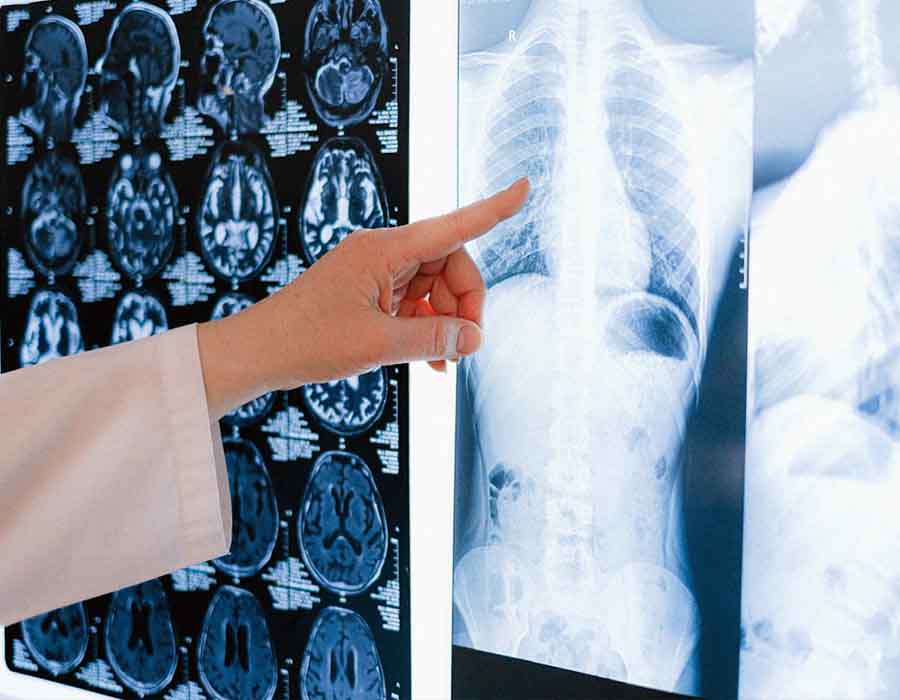Bone Health in Women

In the realm of women’s health, bone health often takes center stage, and for good reason. As women age, they are particularly susceptible to conditions like osteoporosis, which can significantly impact quality of life. In this blog, we’ll delve into why bone health is crucial for women, factors affecting it, and practical steps to maintain strong bones throughout life.
Why Bone Health Matters for Women
Bones serve as the framework that supports our bodies and protects vital organs. Beyond structure, bones also act as reservoirs for minerals like calcium and phosphorus, essential for various bodily functions. Women are especially vulnerable to bone-related issues due to hormonal changes, pregnancy, and menopause, which can accelerate bone loss.
Factors Affecting Bone Health
- Hormonal Changes: Estrogen plays a pivotal role in maintaining bone density. During menopause, estrogen levels drop, leading to accelerated bone loss.
- Nutritional Deficiencies: Inadequate intake of calcium, vitamin D, and other micronutrients can weaken bones over time.
- Physical Activity: Weight-bearing exercises help stimulate bone formation, whereas a sedentary lifestyle can contribute to bone loss.
- Genetics: Family history of osteoporosis or bone fractures can increase one’s risk.
Maintaining Strong Bones: Practical Tips
- Balanced Diet: Ensure adequate intake of calcium-rich foods (e.g., dairy, leafy greens) and vitamin D (sunlight, fortified foods).
- Regular Exercise: Incorporate weight-bearing exercises (walking, jogging, dancing) and resistance training into your routine to strengthen bones.
- Healthy Lifestyle Choices: Avoid smoking and excessive alcohol consumption, which can impair bone health.
- Bone Density Screening: Women over 50 should consider regular bone density tests to monitor bone health.
Conclusion
Prioritizing bone health is crucial for women of all ages. By understanding the factors that influence bone strength and adopting healthy habits early on, women can reduce their risk of osteoporosis and maintain an active, independent lifestyle well into old age. Remember, strong bones are not just about physical strength but also contribute to overall well-being and longevity.